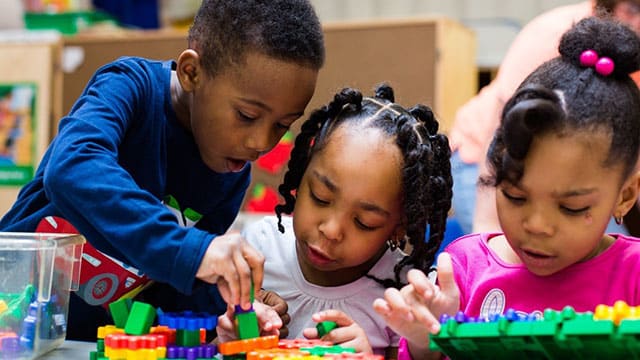The first few years of a child’s life are a time of remarkable growth and transformation, not only in terms of physical milestones but also in their social and emotional development. This journey, which lays the foundation for a child’s future well-being, involves a complex interplay of emotions, relationships, and self-awareness.
In this blog post, we’ll explore the critical aspects of social-emotional development in young children and why it’s so vital for their overall growth and happiness.
What Is Social-Emotional Development?
Social-emotional development refers to the skills and abilities that enable children to understand and manage their own emotions, interact effectively with others, develop meaningful relationships, and navigate the complexities of the social world. It encompasses a wide range of capabilities, including:
1. Self-Awareness: Understanding one’s own emotions, strengths, and limitations. This forms the foundation of emotional intelligence.
2. Self-Regulation: Learning to manage and control one’s emotions and reactions, especially in challenging situations.
3. Social Awareness: Developing empathy and the ability to understand and respect the emotions and perspectives of others.
4. Relationship Skills: Building and maintaining positive relationships, including effective communication, conflict resolution, and cooperation.
5. Responsible Decision-Making: Developing the capacity to make thoughtful and ethical choices, considering both personal and social consequences.
The Role of Early Relationships:
Social-emotional development begins from the moment a child is born. It is significantly influenced by the quality of early relationships, primarily with caregivers. Babies and young children form secure attachments to their primary caregivers, which serve as the emotional foundation for future relationships. These early bonds shape a child’s sense of trust, safety, and their ability to express and understand emotions.

Why Is Social-Emotional Development Important?
- Healthy Relationships: Social-emotional skills are the building blocks of healthy relationships. Children who develop strong emotional intelligence are better equipped to form positive connections with family, peers, and teachers.
- Academic Success: Emotional regulation and social skills are essential for school readiness and academic achievement. Children who can manage their emotions and cooperate with others perform better in the classroom.
- Mental Health: A strong foundation in social-emotional development is linked to better mental health outcomes. Children who understand their emotions and can seek support when needed are more resilient in the face of stress or adversity.
- Conflict Resolution: Social-emotional skills are vital for resolving conflicts peacefully and constructively. These skills reduce aggression and promote a culture of empathy and understanding.

How Can Parents and Caregivers Support Social-Emotional Development?
- Emotional Availability: Be emotionally available and responsive to your child’s needs. Comfort and soothe them when they’re upset, and celebrate their joys.
- Model Emotional Intelligence: Demonstrate emotional intelligence by labeling and expressing your own emotions and talking about how to manage them.
- Teach Problem-Solving: Encourage your child to solve problems independently, supporting them as they work through challenges.
- Foster Play: Play is a natural way for children to explore and understand emotions. Encourage imaginative and cooperative play with peers.
- Read and Discuss: Use books and stories to discuss emotions and social situations. Ask open-ended questions to prompt conversations.
- Set Realistic Expectations: Understand that children may have temper tantrums or emotional outbursts. Be patient and teach them appropriate ways to express themselves.
Social-emotional development is an integral part of a child’s growth, shaping their ability to navigate the world around them. By nurturing these skills with love, support, and guidance, parents and caregivers help lay the foundation for their child’s future success and happiness. Embracing the journey of social-emotional development ensures that young children grow into emotionally intelligent, empathetic, and resilient individuals.
